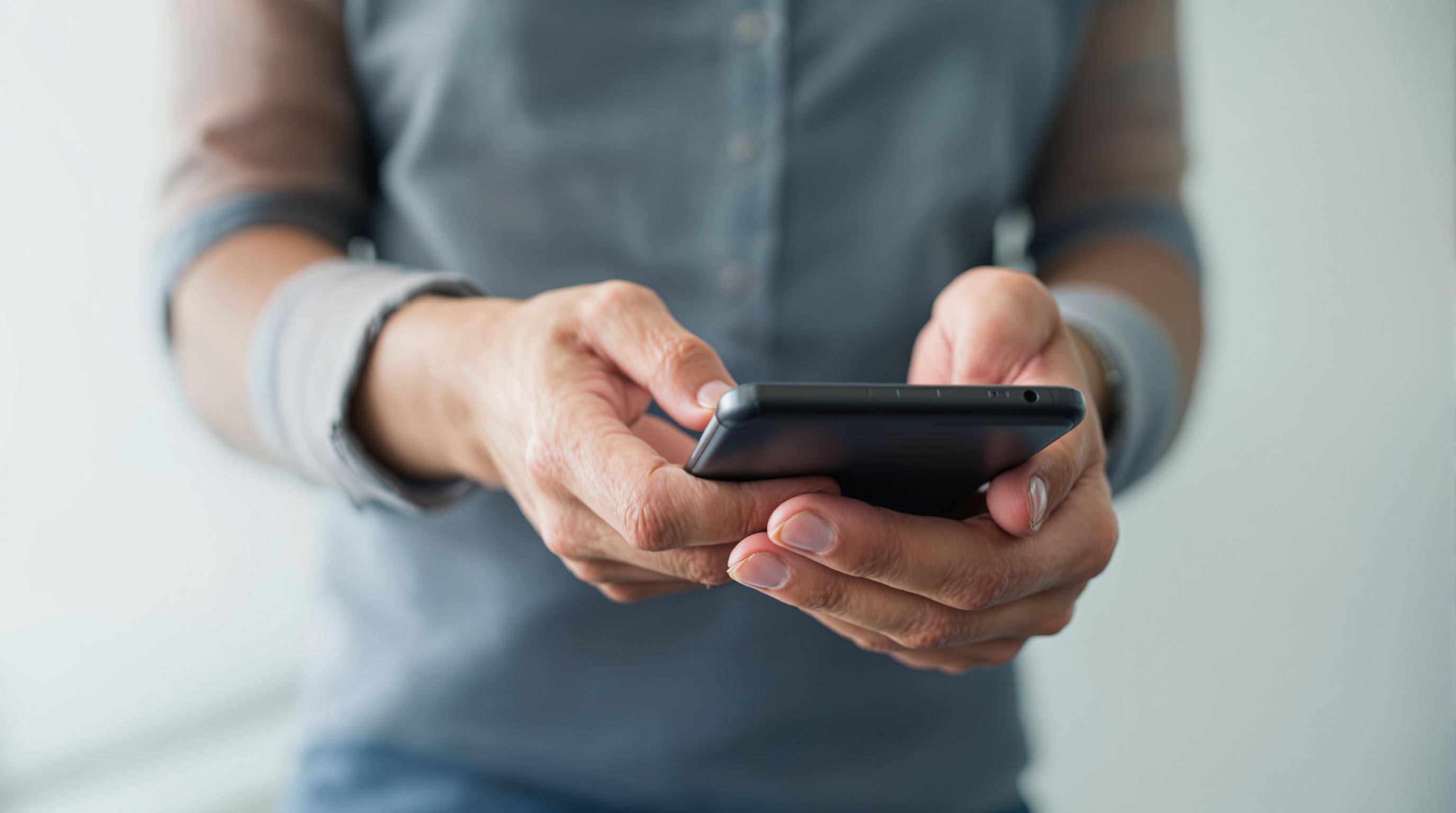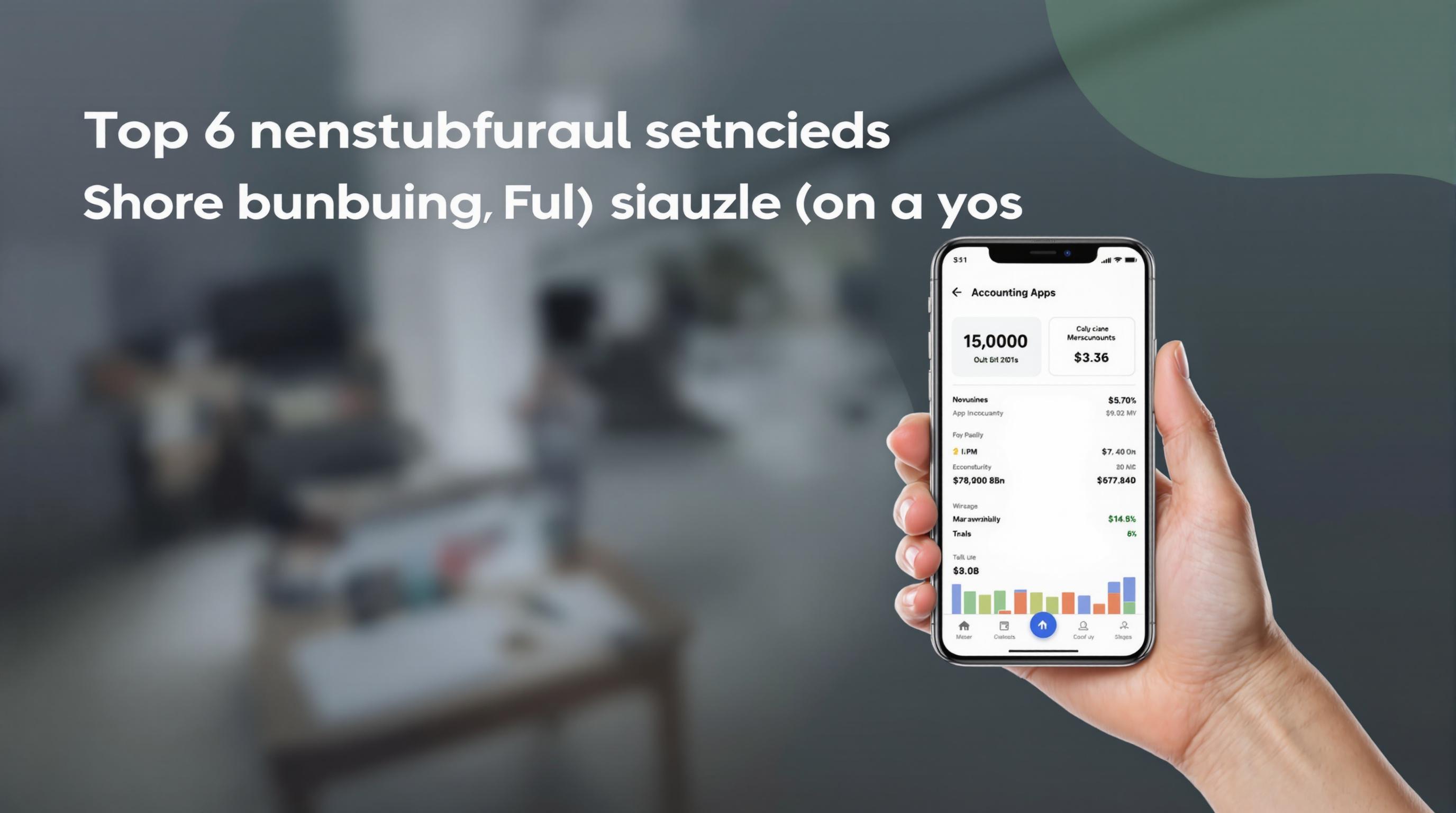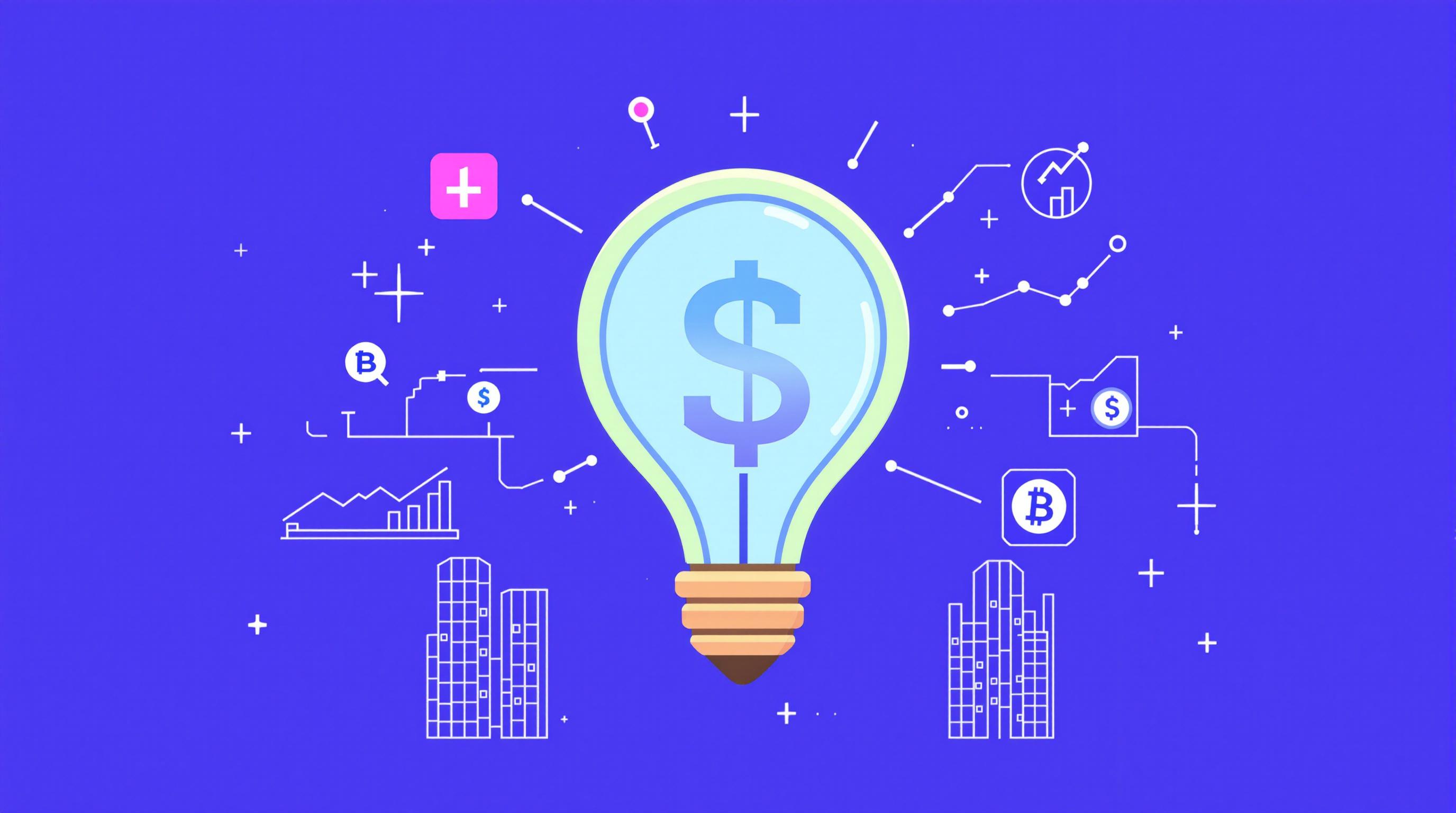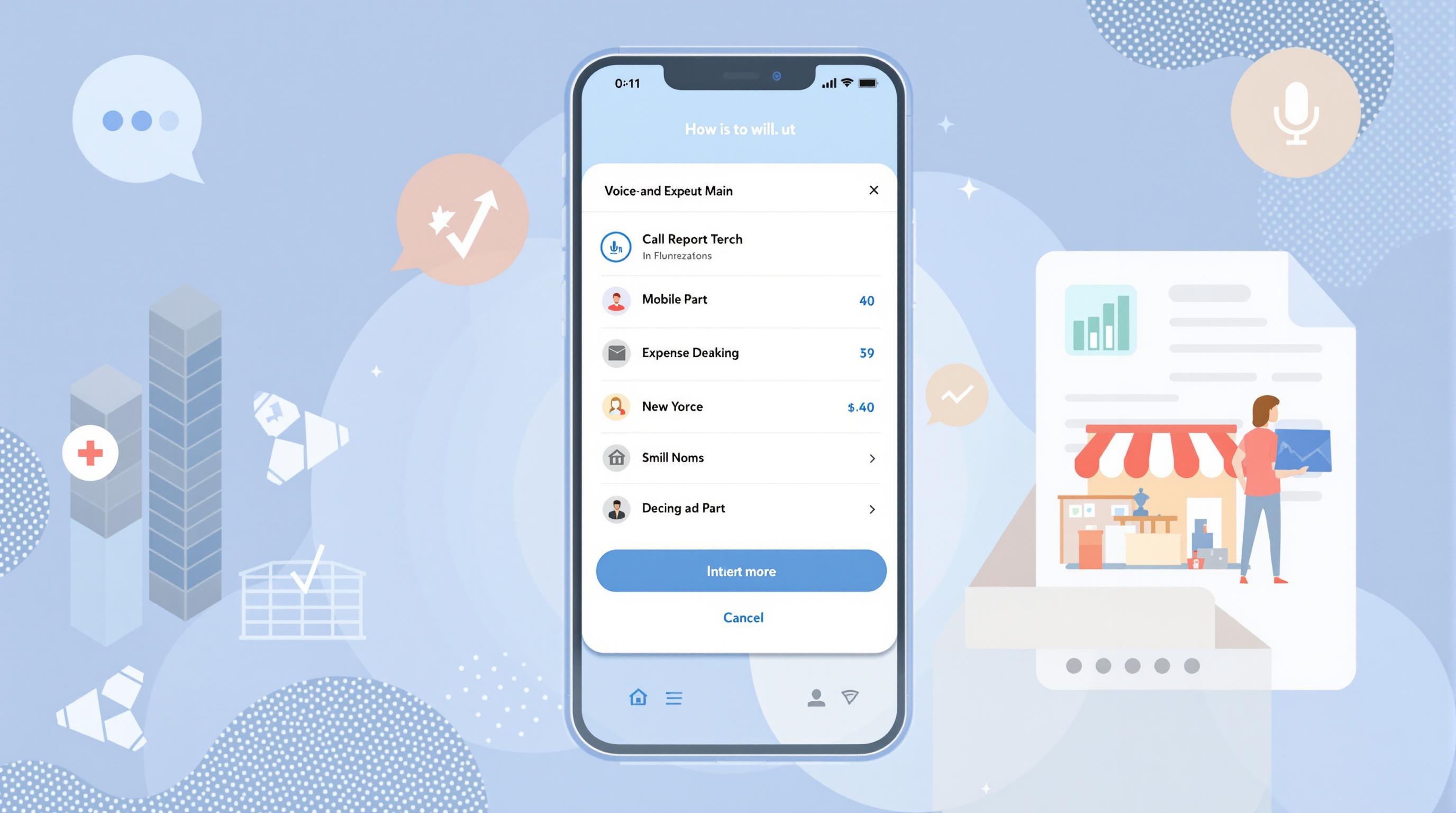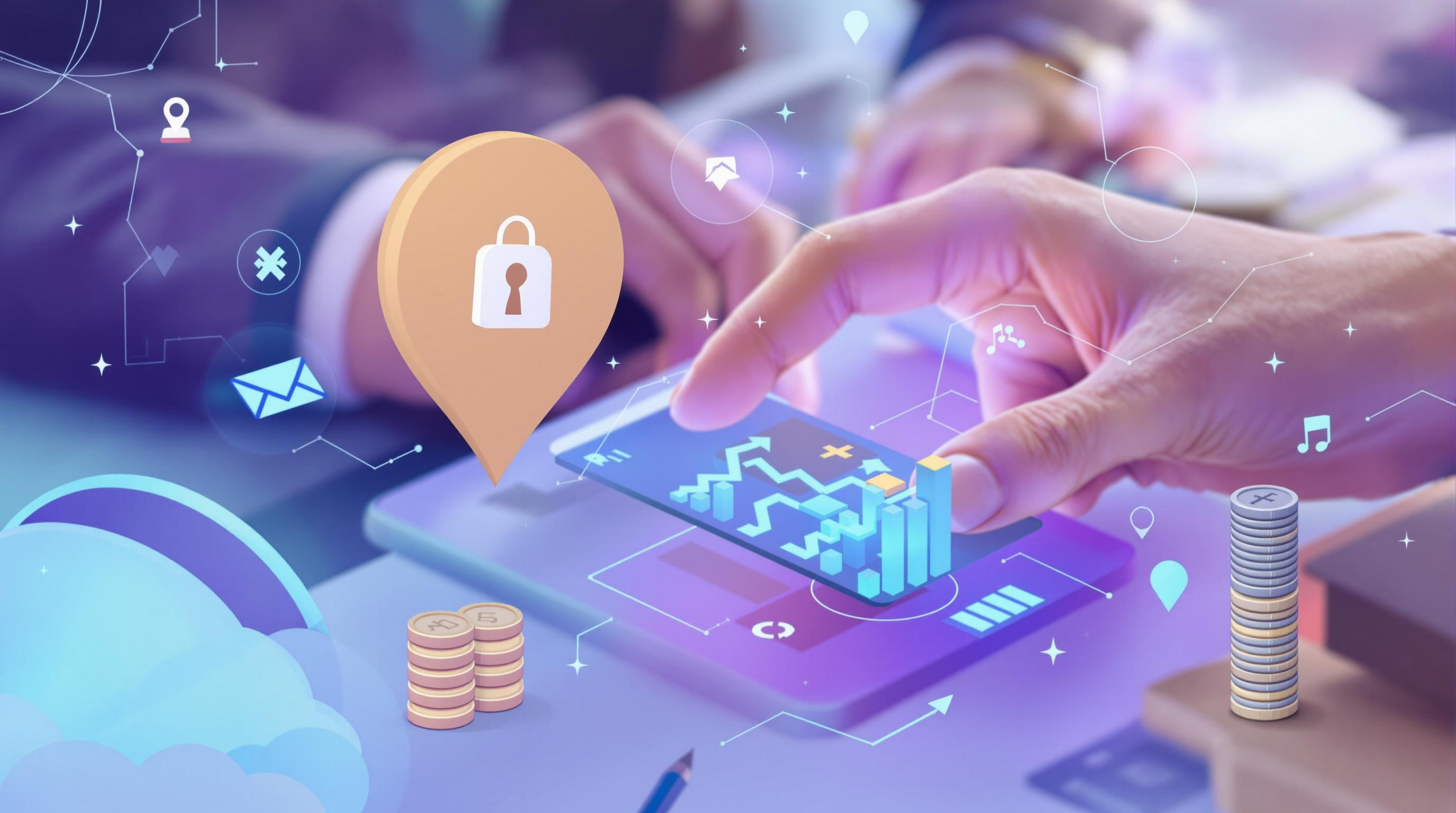Related Articles
- How Mobile Accounting Influences Entrepreneurial Mental Health and Work-Life Balance in Gig Economies
- The Quiet Costs: How Mismanaged Time Data Quietly Undermines Small Business Growth and Decision Making
- Top 5 Trailblazing AI-Powered Financial Reporting Apps Revolutionizing Accuracy and Speed Since 2019
- How Behavioral Economics Shapes Decision-Making in Financial Record Matching and Discrepancy Resolution
- How Subtle Shifts in Supplier Relationships Secretly Affect Your Company's Financial Health and Liquidity Balance
- Top 6 Payroll Solutions Born in the Last Five Years That Are Quietly Taking the Gig Economy by Storm
How Mobile Accounting Influences Entrepreneurial Mental Health and Work-Life Balance in Gig Economies
How Mobile Accounting Influences Entrepreneurial Mental Health and Work-Life Balance in Gig Economies
Mobile accounting is transforming how gig economy entrepreneurs manage their finances, significantly impacting both their mental health and work-life balance. This article explores these influences through various lenses, including case studies, statistics, and diverse writing styles to provide a comprehensive understanding of the subject.
The Rise of Mobile Accounting in Gig Economies
Imagine waking up and instantly knowing exactly how much money you earned yesterday without digging through piles of receipts or forgotten notes. This is the promise of mobile accounting apps like QuickBooks Self-Employed and Wave, which have become lifelines for gig economy workers worldwide.
According to a 2023 survey by Statista, over 60% of gig workers in the United States now rely on mobile accounting tools to track income and expenses, a marked increase from just 35% five years ago.
Case Study: Maria’s Story
Maria, a 34-year-old freelance graphic designer from Brazil, used to dread tax season and the endless headaches of tracking her payments. Since adopting a mobile accounting app, she reports a drastic reduction in anxiety and more free time to spend with her family. "It's like having a financial assistant in my pocket," she says, highlighting real-world mental health benefits.
How Mobile Accounting Eases Entrepreneurial Stress
Now, let's cut to the chase: money worries are among top stressors for entrepreneurs in gig economies. When earnings are irregular, keeping on top of finances manually can feel like chasing ghosts.
Mobile accounting apps automate expense tracking and generate real-time reports, offering entrepreneurs peace of mind. Studies from the American Psychological Association suggest that effective financial management tools can reduce stress by up to 30% among small business owners.
Work-Life Balance: Myth or Reality?
Here's the rub: gig economy work often blurs the lines between work and personal life, sometimes extending work hours into what should be downtime. Chloe, a 27-year-old content creator, shares, "Before using mobile accounting, I spent weekends scrambling to organize invoices and receipts."
With automated financial tracking, Chloe now spends weekends offline, illustrating how mobile accounting contributes to better time management and healthier boundaries between work and life.
The Conversational Scoop: You, Me, and the Gig Grind
Let's have a little chat. Ever felt like you’re drowning in receipts and spreadsheets while your Netflix queue grows? Yeah, been there. Mobile accounting apps are basically your new best friend, keeping the financial chaos in check and freeing your mental space for creative awesomeness or just Netflix bingeing.
The Role of Real-Time Analytics in Decision-Making
Mobile accounting doesn't just simplify bookkeeping; it empowers entrepreneurs by providing instant financial analytics on the go. This access allows gig workers to make smarter, quicker decisions about investments, pricing, and budgeting.
Consider John, a 50-year-old ride-share driver who used mobile accounting analytics to identify his most profitable routes, increasing his monthly income by 20% while reducing burnout.
Humorous Interlude: The Accountant in Your Pocket
So, your phone’s now an accountant? What’s next—a lawyer app that tells you not to text your ex? Jokes aside, it's pretty wild to think that these apps are handling tasks that once required stacks of paper, calculators, and a lot of caffeine-fueled nights.
Challenges and Caveats
Not everything is sunshine and rainbows. Mobile accounting relies on technology that may sometimes be unreliable or insecure. Data breaches or app downtime can add new layers of stress for gig entrepreneurs who are already stretched thin.
Additionally, older entrepreneurs sometimes face a learning curve when adopting mobile solutions, pointing to the need for user-friendly designs and better support systems.
The Persuasive Argument: Why You Should Adopt Mobile Accounting Today
If you’re an entrepreneur juggling multiple gigs, mobile accounting can be the game-changer you didn’t know you needed. With benefits ranging from stress reduction and increased financial clarity to improved work-life balance, the investment in learning and integrating these tools pays off considerably.
The alternative? More anxiety, more errors, and the constant feeling of playing catch-up with your own business.
Statistical Snapshot
According to a 2022 report by the Freelancers Union, freelancers saving time on finance management reported 25% higher satisfaction with their work-life balance than those using manual methods.
Storytelling: From Chaos to Control
Picture this: Ahmed, a 42-year-old delivery driver in Cairo, used to spend evenings swiping through paper invoices and calculating costs on scrap paper. Weeks of pent-up anxiety compounded by tax season left him drained until he downloaded a mobile accounting app recommended by a friend. Overnight, his financial chaos turned into organized clarity, and his mental health followed suit.
Conclusion: The Bigger Picture
Mobile accounting's influence reaches beyond mere numbers, affecting entrepreneurial mental health and the elusive work-life balance in gig economies. As technology advances, embracing these tools becomes crucial not only for business success but for personal well-being.
For gig workers navigating unpredictable incomes and fluctuating workloads, mobile accounting offers a beacon of stability and control—helping them thrive rather than merely survive.
